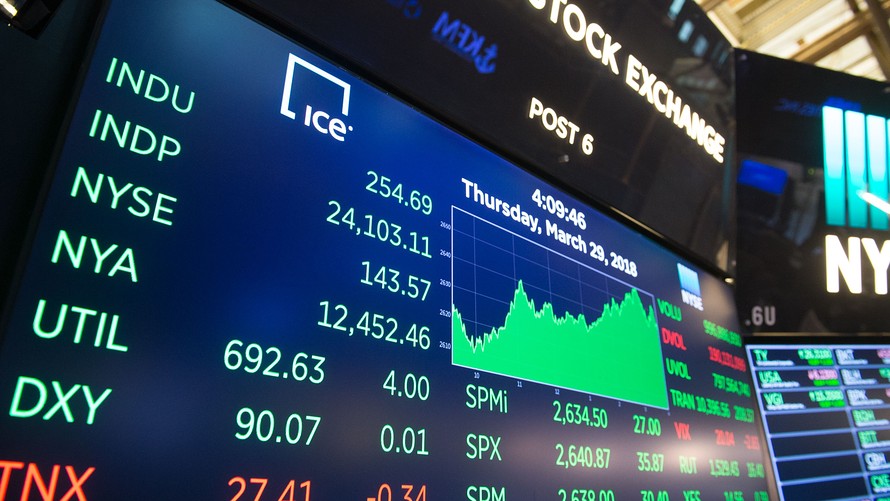How the Stock Market Works
- Posted on January 02, 2020
- Stock Market
- By admin

The stock market has soon become a term conversant with most people in the society, however, not everyone understands what it’s really about or how it works. You may have heard juicy stories about how investors invested in the stock market or bought lots of shares from a particular company and in a couple of months/years, the investors made lots of money. That’s totally true, but making profits isn’t the only “juicy” side to the stock market there’s also the buying and selling of stocks, knowing which companies to invest in, and of course, the risks involved. One cannot fully understand how the stock market works, especially with all the twists and turns, in a short while. However, it is important that all potential stock market investors have a basic knowledge of the fundamentals of the stock market. The level of stock market knowledge you seek is determined by your overall interest which may be sticking to investing through a brokerage or learning how to trade stocks.
What is the Stock Market?
Basically, the stock market is where stock transactions are carried out. These transactions or trading are made through what is called a ‘Stock Exchange’. The stock exchange is an internationally recognized body that provides a platform for all stock investors and traders to carry out their exchanges or transactions. For example, the New York Stock Exchange (NYSE) and Nasdaq are the official stock exchange bodies that govern stock transactions for public listed companies in the U.S. and public listed foreign-based companies that do business in the U.S. The stock exchange goes beyond governing trading activities but also, covers other aspects such as tracking the demand and supply and the price of each stock. Dealing with the stock market requires that you carry out your transactions through a broker who would help you properly deal with the exchange.
Stock Market Fundamentals
Capitalization: This is one of the core fundamentals of the stock market as it has to do with companies granting access to the public to invest in it by buying its shares. This can only be possible when a company decides to “go public” by selling part ownership to interested public investors. As investors buy the shares of a company the company, in turn, is able to make a significant amount of money. Companies go public for different reasons, one of which is an expansion for the purpose of large-scale business operations. The flip side of going public subjects the public companies to certain obligations they must adhere to. One of which is transparency in all crucial business decisions and financial reports.
Stock investors: this refers to investors who buy into the shares of public listed companies. By buying a company’s shares, investors are entitled to part ownership of the company. Though there are minority and majority stakeholders each investor is entitled a portion of ownership according to the percentage they hold. As a potential or stock investor, it is simply not enough to buy shares of just any public company but to strategically lookout for companies that have high success tendencies in the coming years. As the company’s worth increases the investors share value appreciates as well, it is at this point that some investors may decide to sell their stocks and make great gains.
Market Index: this refers to the overall performance of a group stock. Investors use the term to refer to the stock market being up or down. For example, the Nasdaq composite and S&P 500 are often used to rate the overall performance of the market. Indexes can also be used by investors as a yardstick to measure the performance of their overall portfolio and to determine some trading decisions.
Market Fluctuations: the stock market has its moments are the prices of stocks are unstable. There are some major factors that affect the prices of stocks that have nothing to do with the growth or performance of the company. These factors include; political policies and the economy. A little glitch in the stock market affects all public companies alike irrespective of their individual performances.


Be the first to comment!
You must login to comment